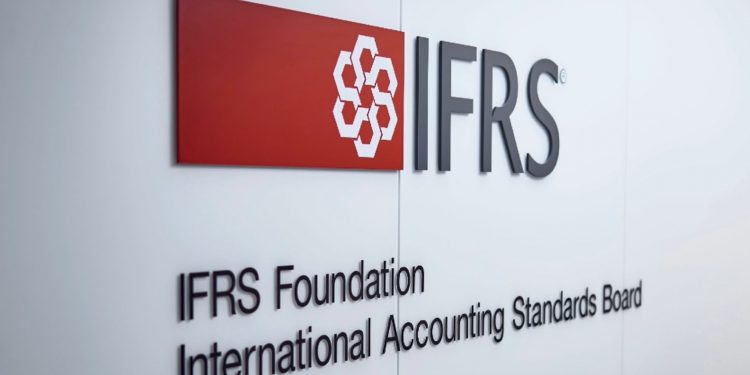Inaugural Jurisdictional Guide for the Adoption of ISSB Standards
The International Sustainability Standards Board (ISSB) releases the first Preview of the Inaugural Jurisdictional Guide for the Adoption or other Use of ISSB Standards, aiming to help various jurisdictions around the world to develop regulatory requirements related to the ISSB standards.
The Preview of the Inaugural Jurisdictional Guide is based on the General Requirements for Disclosure of Sustainability-related Financial Information (IFRS S1) and Climate-related Sustainability Disclosure Standards (IFRS S2). ISSB plans to release the official version of the sustainability code adoption guidelines in the first half of this year to strengthen the consistency of global sustainable information disclosure.
Related Post: Deep Dive on IFRS General Requirements for Disclosure of Sustainability-related Financial Information
Background of Inaugural Jurisdictional Guide
As part of the International Financial Reporting Standards (IFRS) Foundation, the ISSB is committed to providing consistent sustainable disclosure standards globally. IFRS accounting standards have effectively become the global language of financial reporting and are applied in many jurisdictions. These guidelines can help companies access international capital markets, encourage global investment, and reduce risk premiums arising from information asymmetry.
Following the release of IFRS S1 and IFRS S2, the ISSB is adopting several measures to encourage jurisdictions to adopt sustainability standards. For example, the ISSB has included Proportionality Mechanisms in two standards and provided disclosure exemptions for the first annual reporting period. The ISSB is also in discussions with multiple regulatory agencies on the development of sustainable regulatory policies. The Preview of the Inaugural Jurisdictional Guide for the Adoption or other Use of ISSB Standards is also an important measure proposed by ISSB.

How can Jurisdictions Adopt Sustainability Standards
The ISSB believes that jurisdictions can introduce sustainability-related disclosure requirements into legal or regulatory frameworks to improve the transparency and effectiveness of capital markets, ensure consistency of information disclosure, and meet investor needs. Each jurisdiction can make choices based on its own circumstances and, where ISSB standards are used, include additional disclosure requirements.
Regulators in jurisdictions need to provide market participants with explanations about sustainability standards, such as the rationale for using ISSB standards, a roadmap based on actual circumstances, and the entities covered by ISSB standards. The ISSB recommends that jurisdictions adopt a phased approach, gradually adopting sustainability standards and adding requirements over time. Some jurisdictions that already have disclosures based on the Task Force on Climate-related Financial Disclosures (TCFD) and the Global Reporting Initiative (GRI) will make the transition to sustainable disclosures much easier, because some key elements are already built into the ISSB standards.
To improve regulators’ capabilities in sustainability disclosures, IFRS is developing a Regulatory Implementation Program to support jurisdictions in adopting ISSB standards. The regulatory implementation plan will describe the processes related to the ISSB standards, the rationale for adoption and how sustainable disclosure practices in different jurisdictions will be considered together.
Jurisdictional Sustainability Application Features
The ISSB provides jurisdictions with a set of application features for the sustainability requirements that determine how jurisdictions apply the ISSB standard, as well as key elements of the sustainability disclosure framework. Common application features are as follows:
- Regulatory status: Jurisdictions need to develop legal documents and apply ISSB guidelines.
- Level of alignment: Jurisdictions need to clarify the extent to which sustainability standards are consistent with the ISSB standards.
- Target entities: Jurisdictions need to specify entities that comply with ISSB standards.
- Disclosure arrangements: Jurisdictions need to clarify whether sustainability disclosures are in general financial reporting.
- Effective Date: Jurisdictions are required to establish the effective date for sustainable disclosures.
- Transition Waivers: Jurisdictions will need to determine whether they need a waiver from the initial requirements.
- Additional Disclosures: Jurisdictions will need to determine whether to add additional disclosure requirements.
Reference:
Preview of the Inaugural Jurisdictional Guide for the Adoption or other Use of ISSB Standards
ESG Advertisements Contact:todayesg@gmail.com








